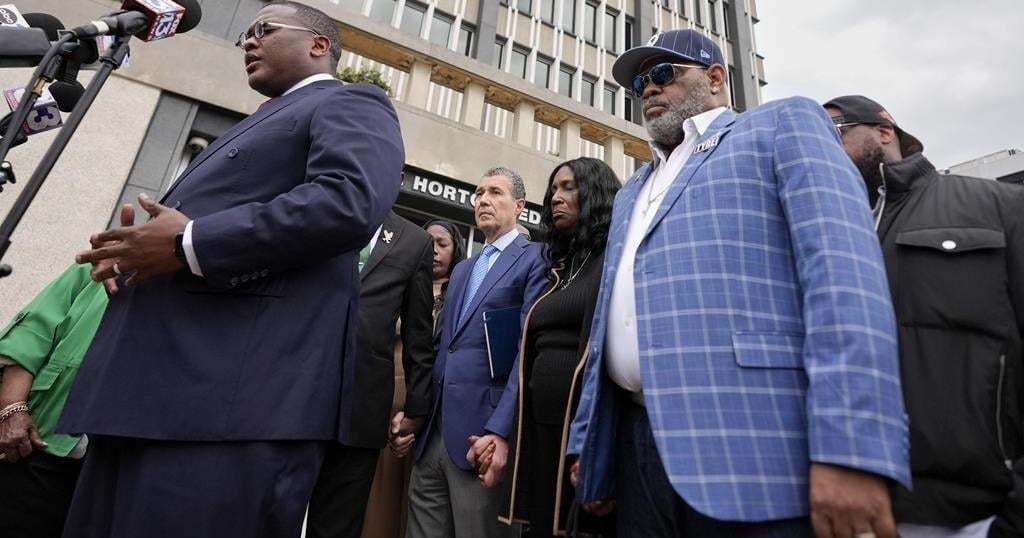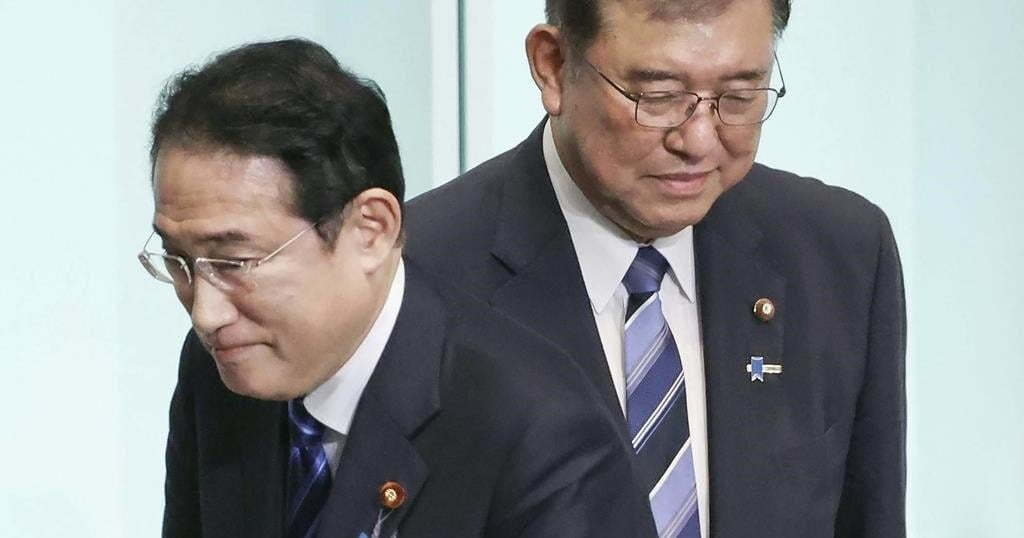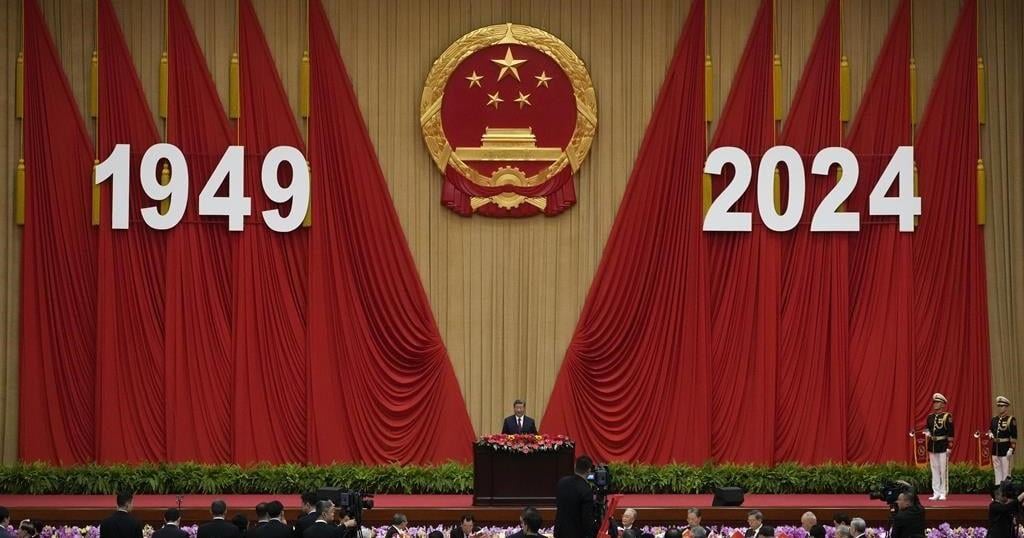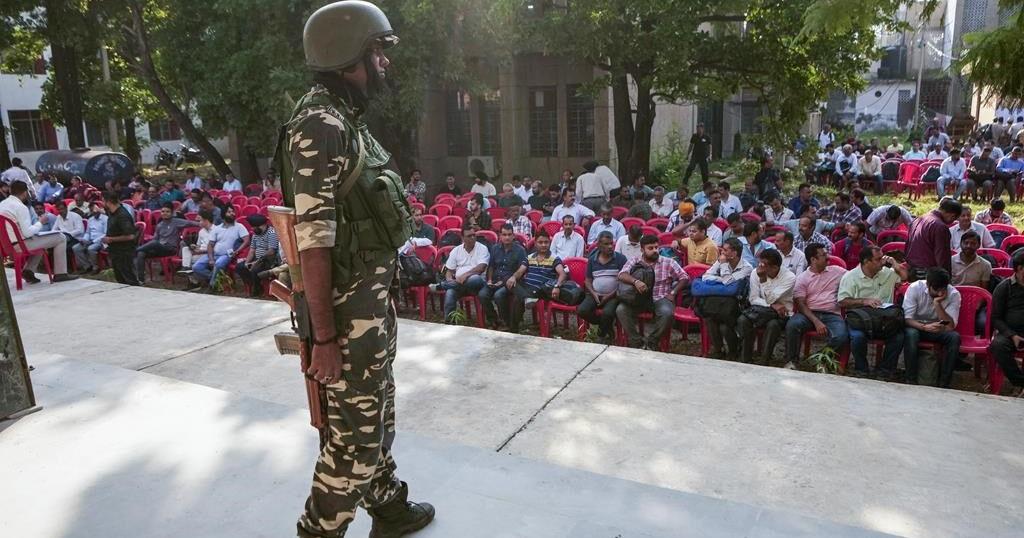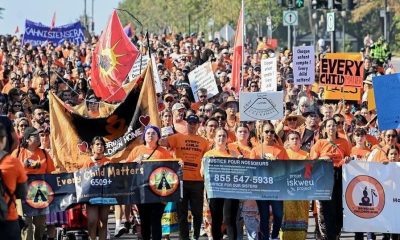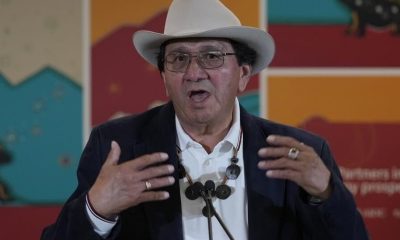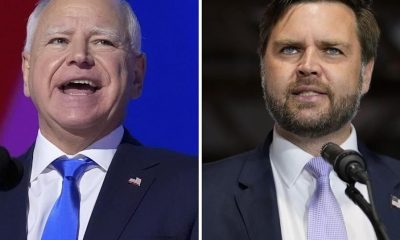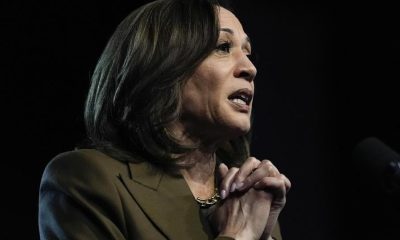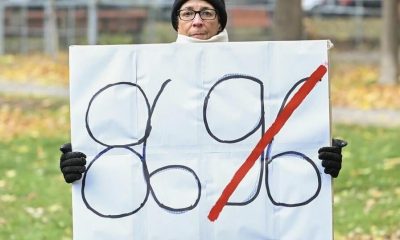MEMPHIS, Tenn. (AP) — Lawyers for three former Memphis officers rested their cases Monday without calling them to testify in their own defense against charges that they violated Tyre Nichols’ civil rights in a beating that proved fatal following a 2023 traffic stop.
Attorneys for Tadarrius Bean, Demetrius Haley and Justin Smith told a jury that they were not calling any more witnesses. Michael Stengel, Haley’s lawyer, John Keith Perry, Bean’s attorney, and Martin Zummach, who represents Smith, each called their own police use-of-force experts in previous days of testimony in an attempt to justify the officers’ actions during the traffic stop and beating. The trial is now in its fourth week.
Zummach had said in opening statements that Smith would testify in his own defense. Smith did not take the stand. On Monday, Zummach questioned Jared Zwickey, who spent 50 years law enforcement and was called as an expert witness.
Zwickey said he analyzed video and he showed the jury excerpts of Smith and Bean hitting Nichols when they caught him after he ran from the traffic stop. Zwickey testified that Smith’s actions were consistent with Memphis police and national policing standards and training.
The five officers charged in Nichols’ death were part of the the Scorpion Unit, which looked for drugs, illegal guns and violent offenders. It was disbanded after Nichols’ death. Two of them — Desmond Mills and Emmitt Martin — pleaded guilty and testified for prosecutors.
Smith, characterized as Scorpion Unit One’s team leader, said, “hit him,” during the beating. Prosecutors have called witnesses who said that statement went against department policy and training in the context of Nichols’ beating. Zummach asked Zwickey if that statement was appropriate in the Nichols situation.
“It’d be appropriate if the officer needed help,” Zwickey said.
Another witness, former Memphis officer Mark Wojcicki, said he supervised Smith when Smith was on a criminal apprehension unit in 2020. Wojcicki, who is now a church pastor, called Smith a “high level, highly professional officer” and a “good, honest man.”
Under cross-examination by prosecutor Kathryn Gilbert, Wojcicki agreed that a good officer would not use excessive force.
The officers used pepper spray and a Taser on Nichols, who was Black, during a traffic stop, but the 29-year-old ran away, police video shows. The five officers, who also are Black, then punched, kicked and hit him about a block from his home, as he called out for his mother.
Nichols died Jan. 10, 2023, three days after the beating. An autopsy report shows Nichols — the father of a boy who is now 7 — died from blows to the head. The report describes brain injuries, and cuts and bruises on his head and elsewhere on his body.
Prosecutors have maintained officers employed the “street tax” or “run tax ” against Nichols because he ran from the traffic stop.
Haley, Bean and Justin Smith pleaded not guilty to federal charges of excessive force, failure to intervene, and obstructing justice through witness tampering.
The five officers also have been charged with second-degree murder in state court, where they pleaded not guilty. Mills and Martin are expected to change their pleas. A trial date in state court has not been set.
___
Associated Press reporter Jonathan Mattise contributed from Nashville, Tennessee.

